In today’s competitive oral care market, electric toothbrush OEM production has become a strategic approach for brands looking to deliver high-quality, innovative products without investing in their own manufacturing facilities. Understanding the complete process of electric toothbrush production helps businesses streamline development, reduce costs, and ensure a competitive edge. As an experienced oral care products manufacturer, Powsmart has been providing customization service for over 20 years.
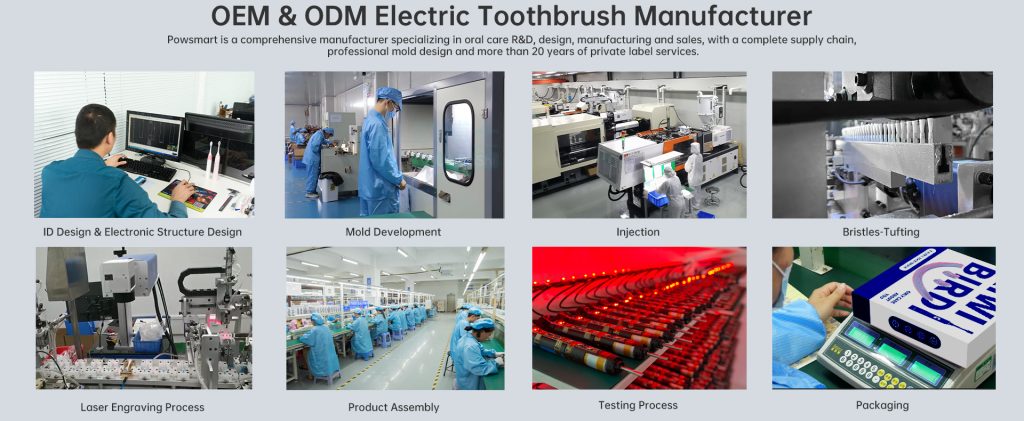
Before beginning production, it is crucial to conduct thorough market research and define the product’s unique value proposition. Brands should analyze consumer preferences, industry trends, and competitor products to determine the key features and pricing strategy. This stage ensures that the final product aligns with market demand and stands out from competitors.
The next step involves industrial design and engineering. Manufacturers work closely with brands to develop ergonomic, aesthetically pleasing, and functional designs. Prototyping is an essential part of the process, allowing for real-world testing and necessary refinements. Advanced 3D modeling and rapid prototyping technologies enable quick iterations and improvements before mass production.
Choosing the right materials and components is vital to ensure product durability, safety, and performance. Key considerations include:
Once the design is finalized, the complete process of electric toothbrush production moves to mass manufacturing. This phase includes:
To meet international safety and quality standards, electric toothbrushes undergo rigorous testing. Common certifications include CE, FCC, RoHS, and FDA approval. Functional tests such as vibration frequency, battery life, and waterproofing assessments ensure compliance with industry standards and consumer safety.
The final stage involves designing attractive, eco-friendly packaging that enhances brand value. Manufacturers assist with customized packaging solutions, including branding elements and user manuals. Efficient supply chain management ensures smooth global distribution, optimizing costs and delivery timelines.
Partnering with an experienced OEM manufacturer simplifies the electric toothbrush OEM production process, helping brands bring innovative and high-quality products to market efficiently. From market research to final packaging, each step plays a crucial role in ensuring product success. By following a structured approach, businesses can optimize production, maintain quality standards, and meet consumer expectations seamlessly.
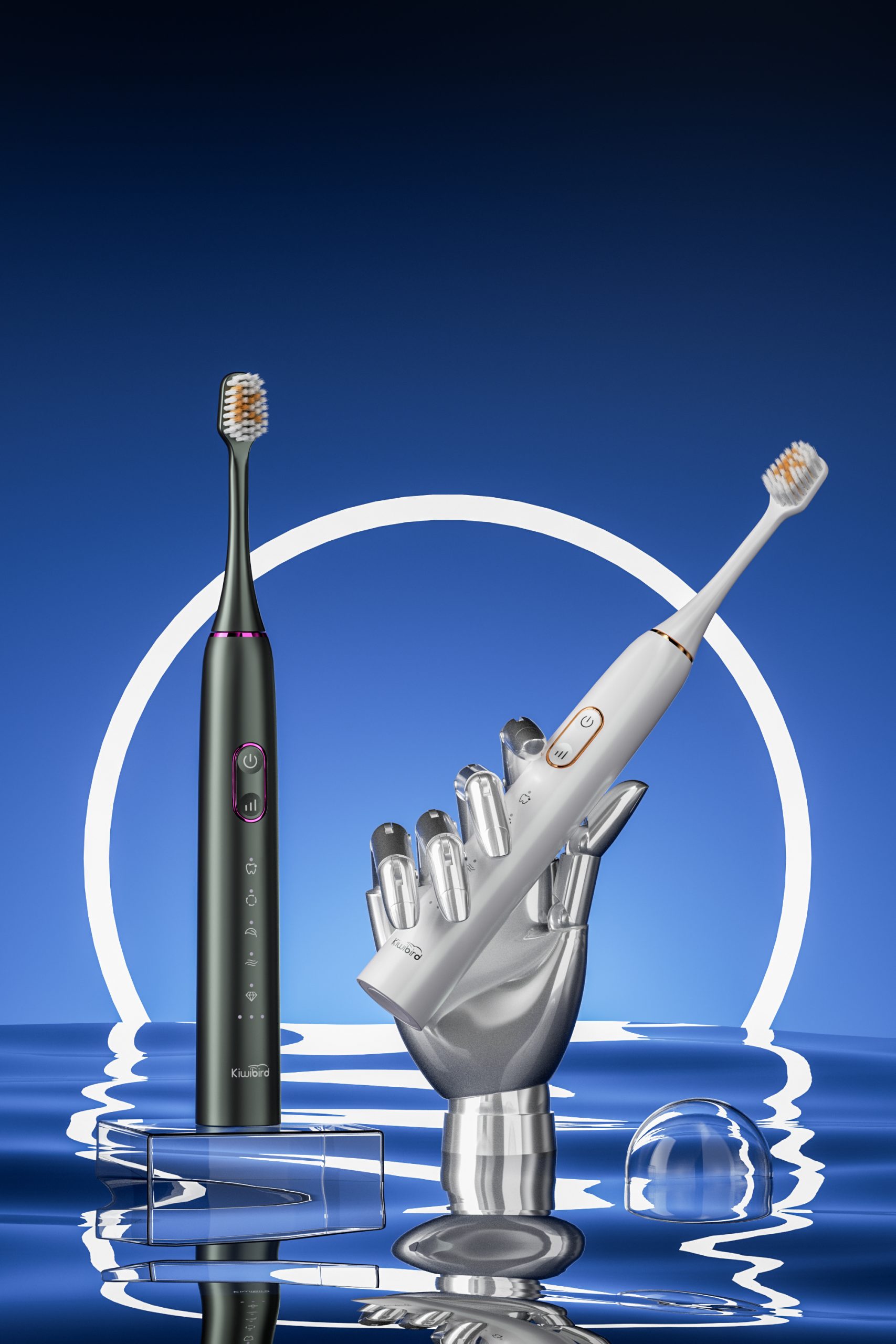
Long-Lasting Smart Toothbrushes: 90–250 Days Battery Life for Bulk Buyers
Does a Water Flosser Require Regular Maintenance? How Should It Be Cleaned?

The process of brand owners customizing OEM whitening teeth Kit
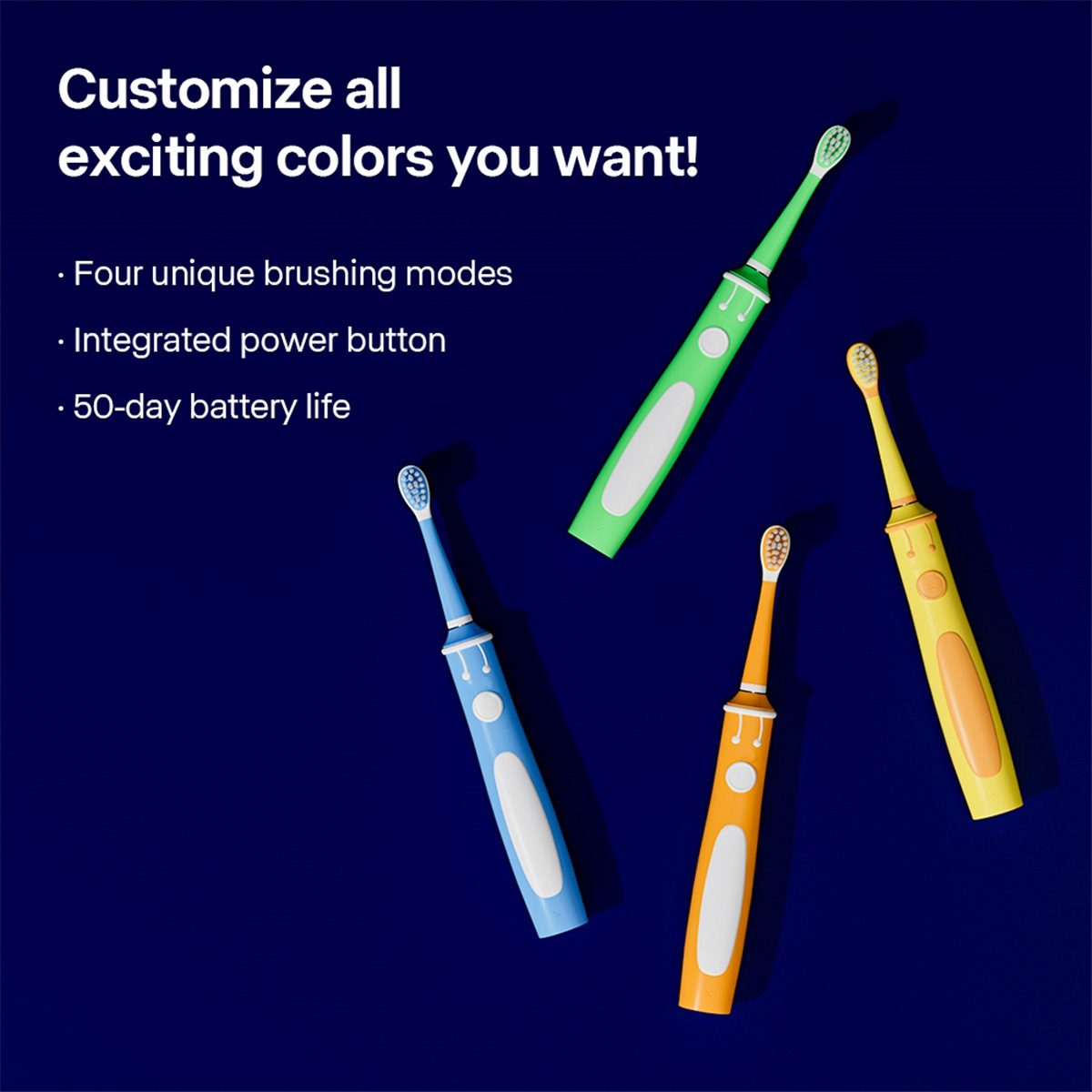
Battery Leakage, Shell Peeling Off… What Are the Familiar Problems with Unqualified Children Electric Toothbrushes?
Tooth Chipping Alongside Root Darkening – Irreversible?

Application of Phototherapy Technology in Teeth Whitening and Oral Care
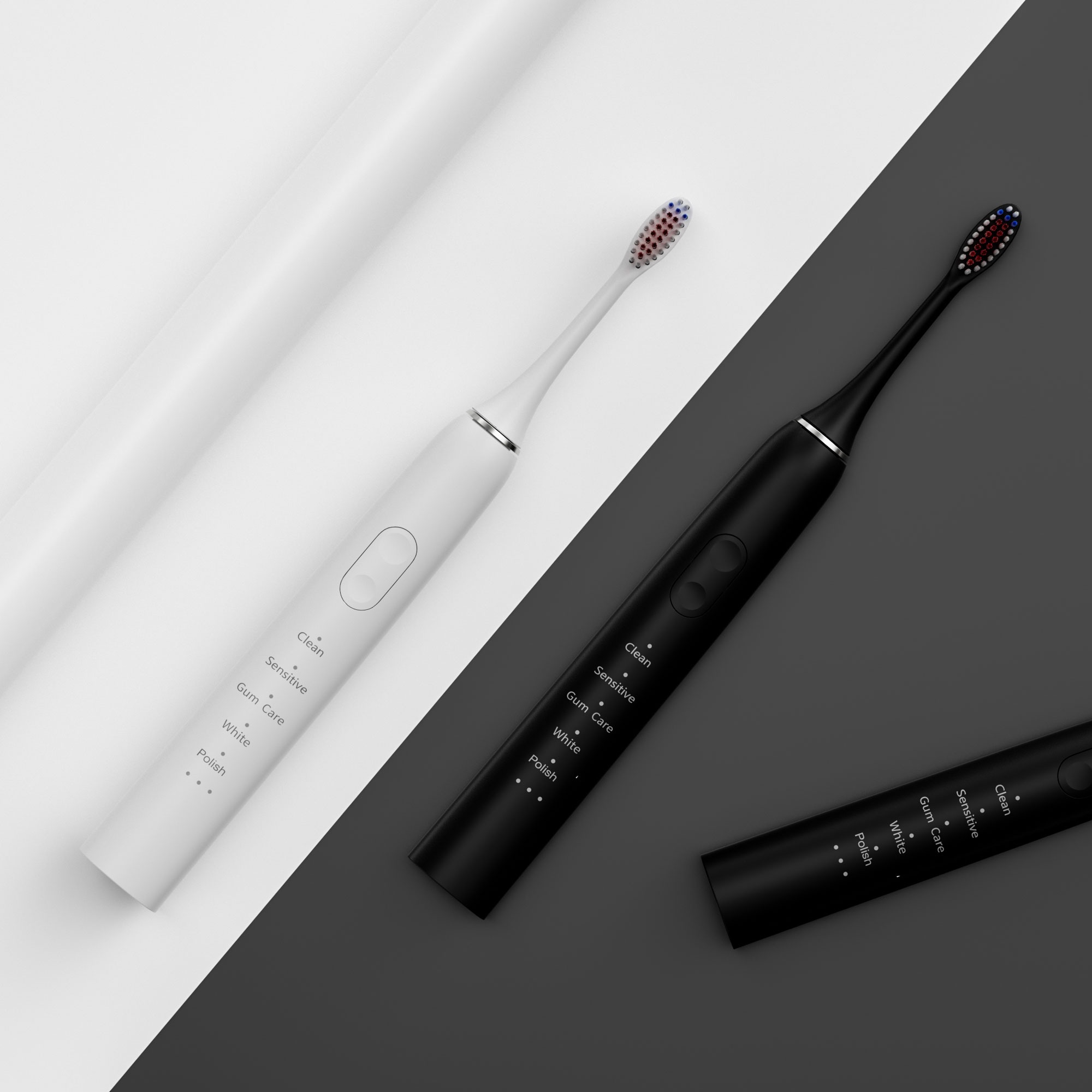
What types of batteries are currently available for electric toothbrushes?
Gum Bleaching from Pulpitis Risk – Whitening Gone Wrong?

How Many Benefits Have Electric Oral Cleaning Products Brought to Our Oral Health?
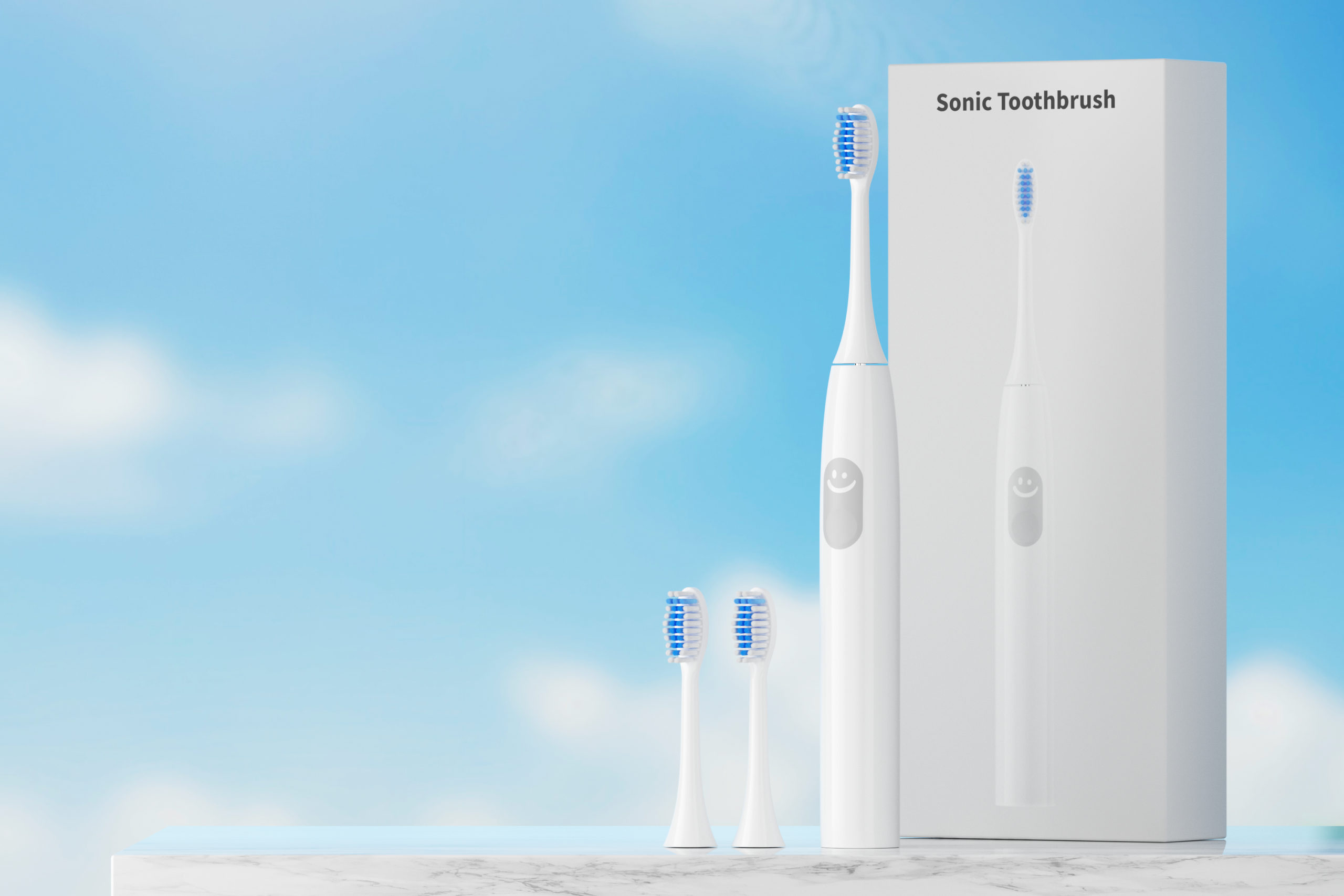
Is the Dallas toothbrush sale in-store only? Find Dallas store toothbrush stock!
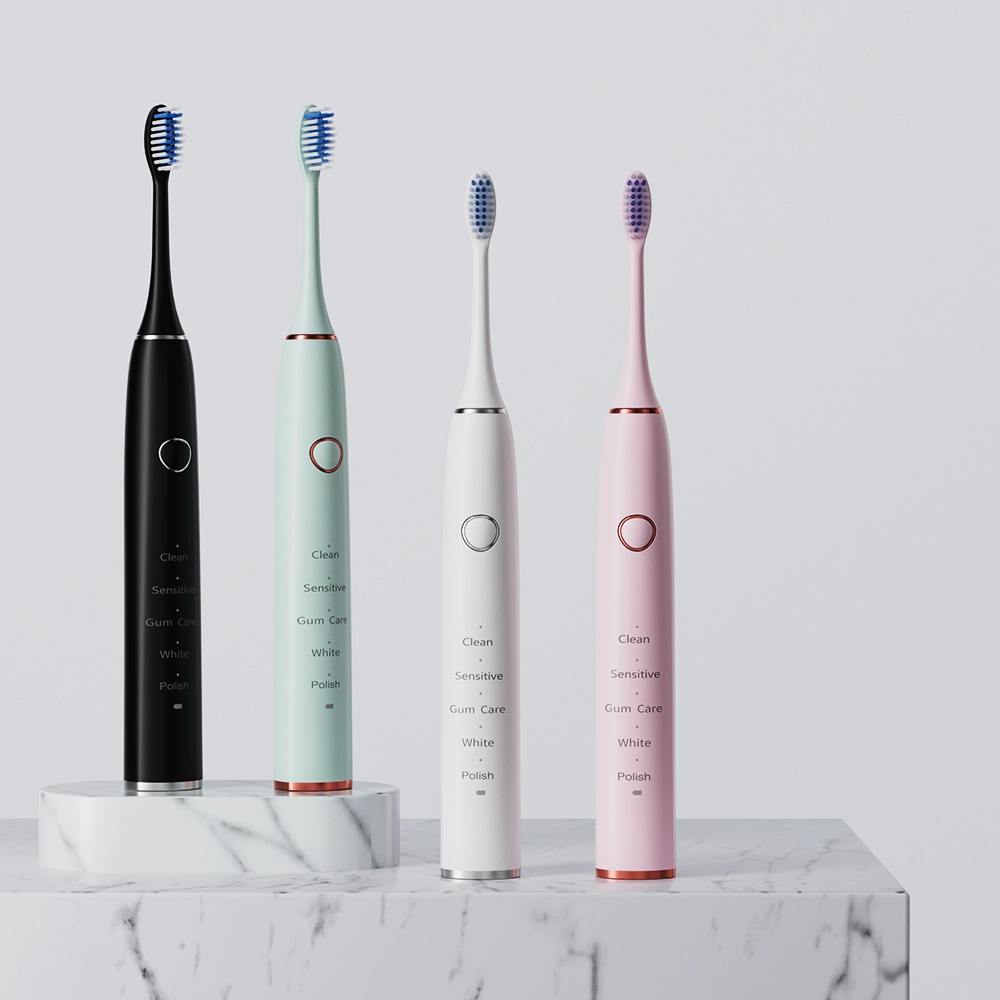
Our Electric Toothbrush Factory: Exploring the Manufacturing Process of Electric Toothbrushes
.jpg)
How the Quadpacer Timer helps you achieve balanced cleaning
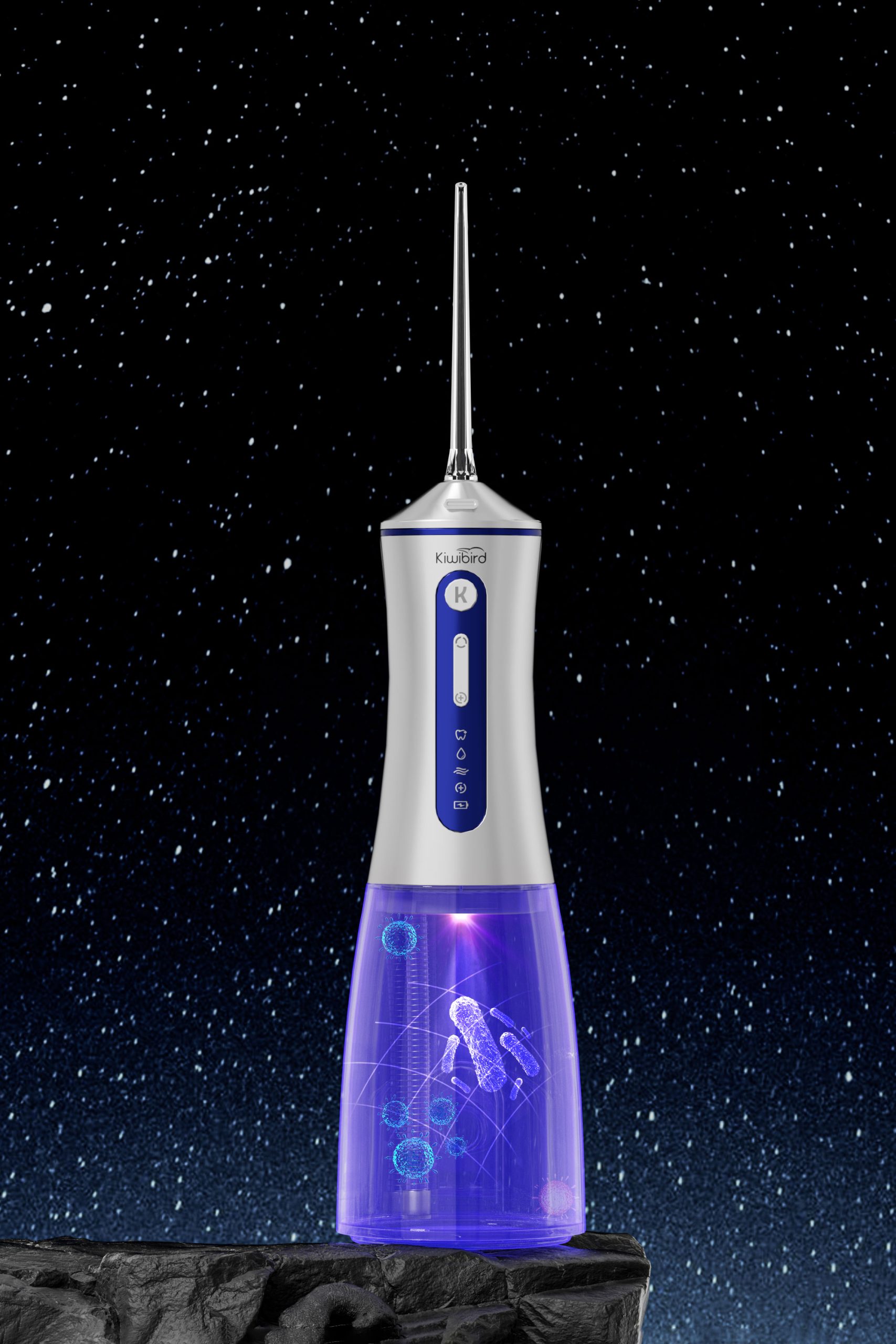
Analysis of the Core Technology of Ultraviolet Sterilization Water Flosser: How to Ensure 99% Sterilization Rate?

California Teeth Whitening Electric Toothbrush Manufacturers

Why choose ABS material for teeth whitening trays
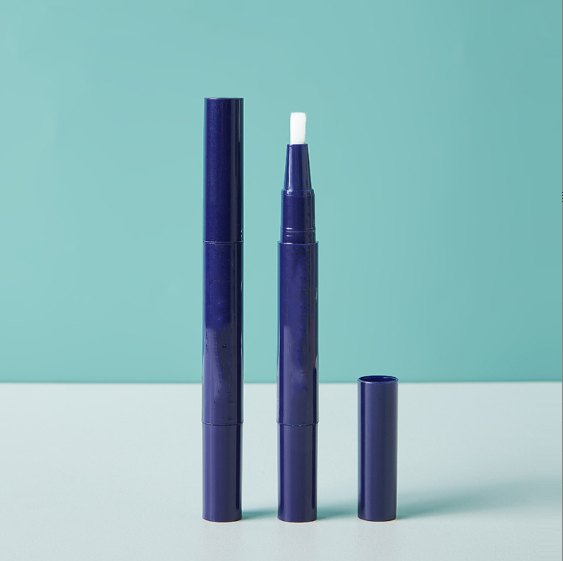
Private Label Whitening Gel
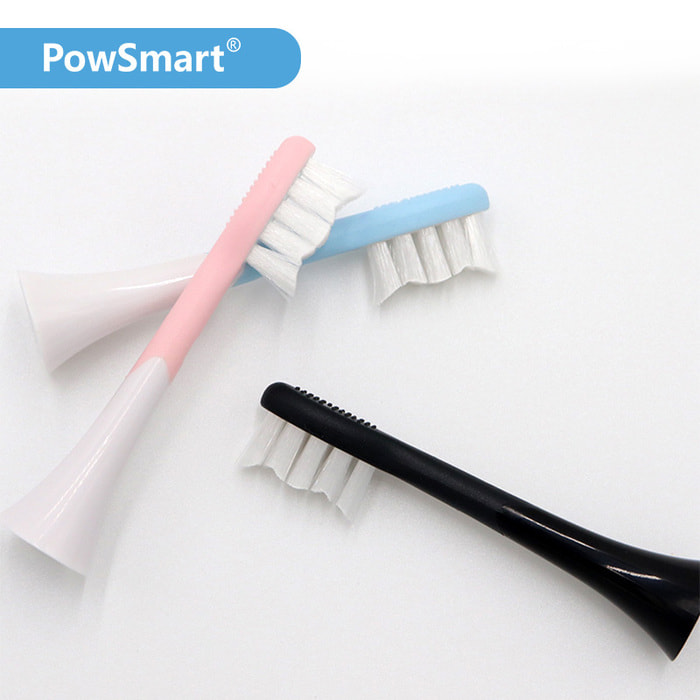
electric toothbrush heads Ultra Soft
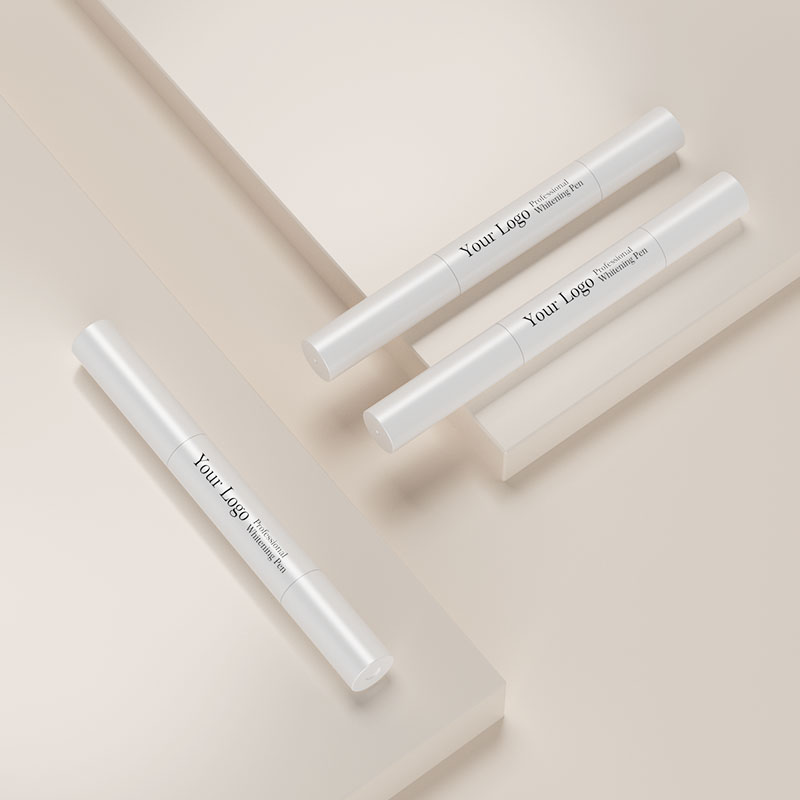
Customization Teeth Whitening Gel
.jpg)
Florida Electric Toothbrush – Powsmart PTR-C8
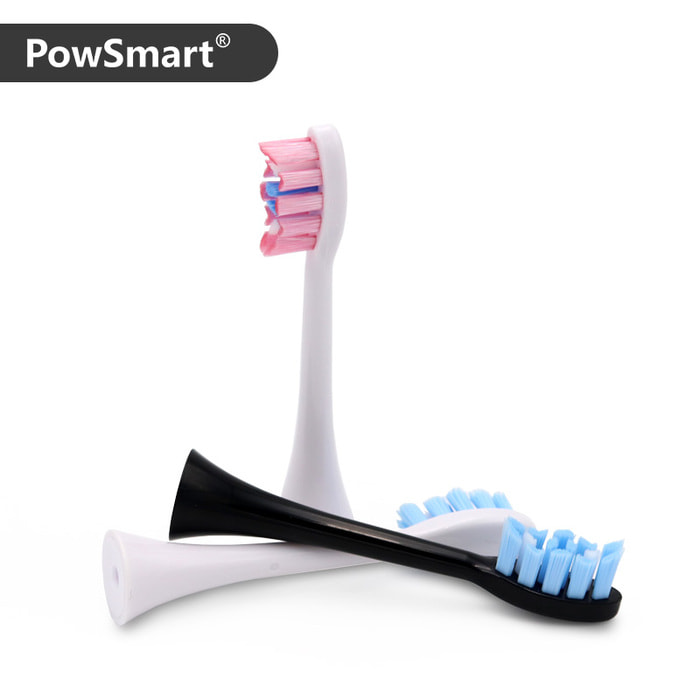
electric toothbrush heads Deep Clean
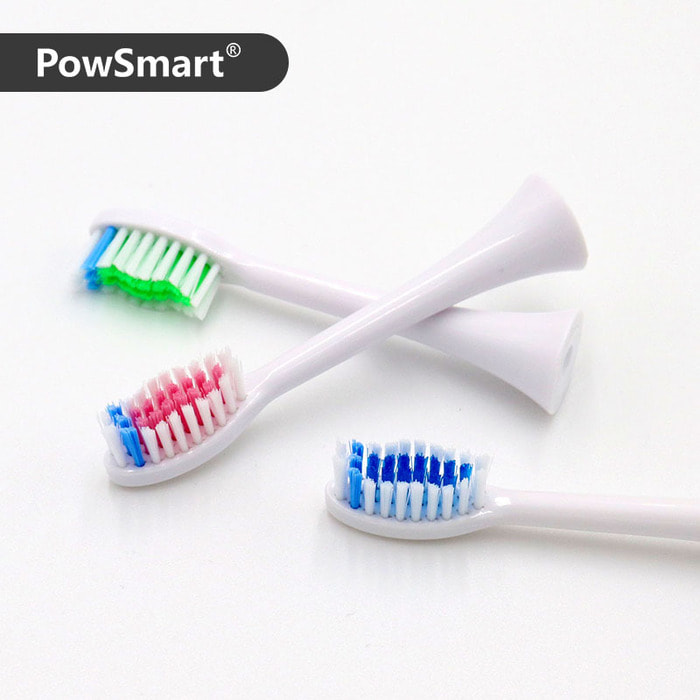
electric toothbrush heads Regular Clean
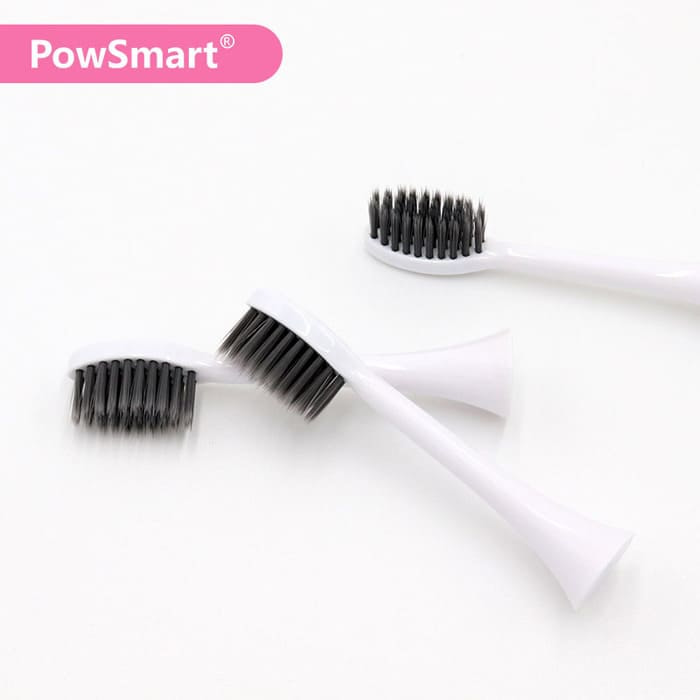
electric toothbrush heads Charcoal Infuse-Round
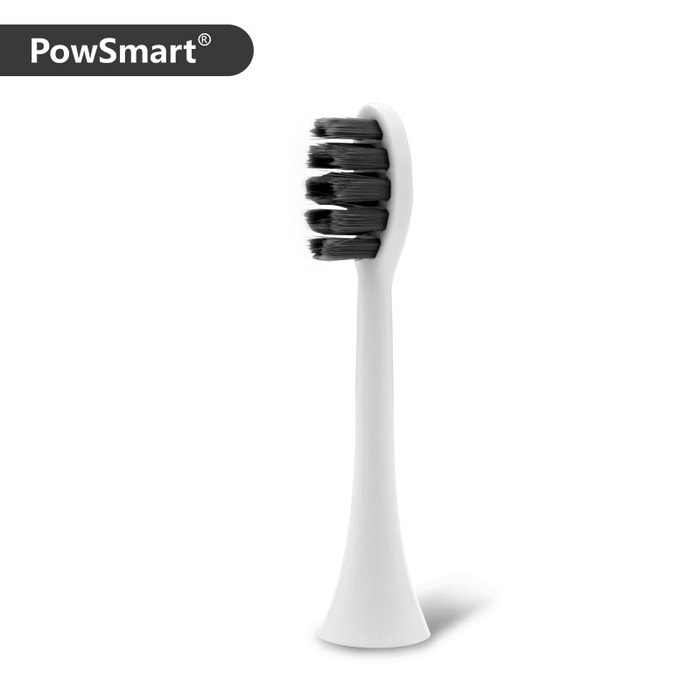
Electric toothbrush heads Charcoal Infused-Diamond
whstapp
whstapp
National Toll-Free Service Hotline
+86 755 86238638